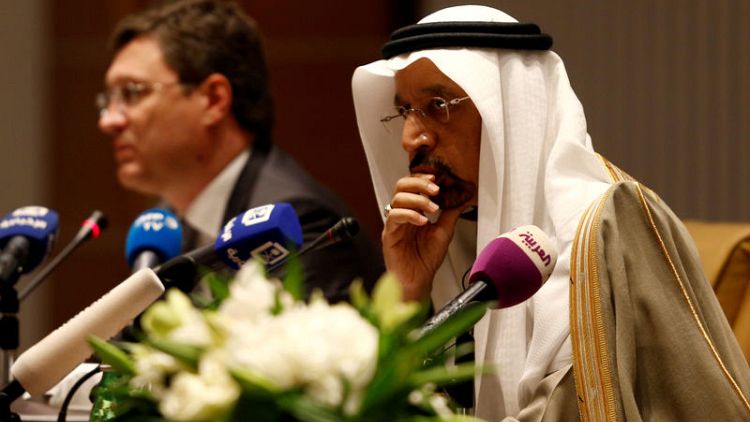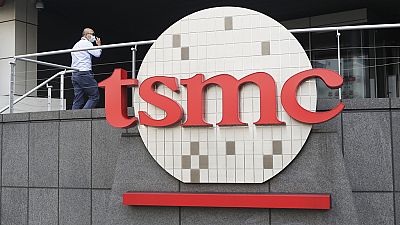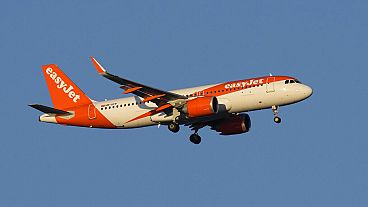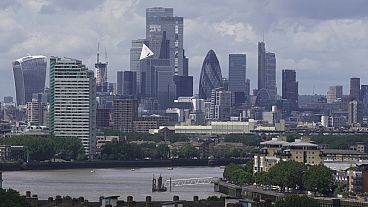By Vladimir Soldatkin and Denis Pinchuk
MOSCOW (Reuters) - OPEC and its allies could agree to gradually increase oil production starting from July 1, the Russian energy minister said on Thursday after talks with Saudi Arabia in Moscow.
The Organization of the Petroleum Export Countries, Russia and other producers meet in Vienna next week to decide whether a pact curbing output needs to be adjusted in order to rein in oil prices that topped $80 a barrel last month.
Saudi Arabia and Russia, architects of the deal among producers to cut output by about 1.8 million barrels per day (bpd) from January 2017, have now indicated they want output to increase.
Russian Energy Minister Alexander Novak said after talks with Saudi Energy Minister Khalid al-Falih in Moscow that both nations "in principle" supported the gradual exit from the deal.
"We in general support this ... but specifics we will discuss with the ministers in a week," he told reporters, adding that one option would involve gradually hiking output by 1.5 million bpd, possibly starting from July 1.
"Obviously, the exit should be gradual," Novak said. "We should look at the dynamics of the demand increase and different countries' capacities to increase production ... as there are countries for which this is difficult."
Falih did not offer specific guidance on what any deal in Vienna could look like. Responding to reporters before his meetings, he said: "We will see where we go, but I think we’ll come to an agreement that satisfies, most importantly, the market."
Russia, the world's biggest oil producer, and Saudi Arabia, the world's biggest exporter of crude, have been working closely over the production pact and have said they will extend this cooperation even after the latest oil supply deal expires.
Saudi Crown Prince Mohammed bin Salman, who was also in Moscow for talks, told President Vladimir Putin at the Kremlin that Riyadh "definitely" wanted cooperation to continue.
"I think that all the world has benefited from this cooperation," the crown prince told Putin via an interpreter.
The meeting was tinged with some light-hearted sporting rivalry as Russia and Saudi Arabia played the opening match of the World Cup, which Russia is hosting.
"I believe, you will understand why I can't wish a success to your team today," Putin said as he greeted the crown prince.
Oil prices, which had plunged below $30 a barrel in 2016, climbed above $80 in May, the highest level since 2014. On Thursday, Brent crude <LCOc1> was trading above $76.
Falling production in Venezuela due to its economic crisis and U.S. sanctions that have threatened output from Iran have helped drive up the oil price. Both nations, which are OPEC members, have opposed the proposal to increase oil supply.
But Falih said he did not expect disputes with Iran and Venezuela at the OPEC meeting next week.
(Reporting by Vladimir Soldatkin and Denis Pinchuk; Additional reporting by Olesya Astakhova; Writing by Katya Golubkova; Editing by Edmund Blair)



